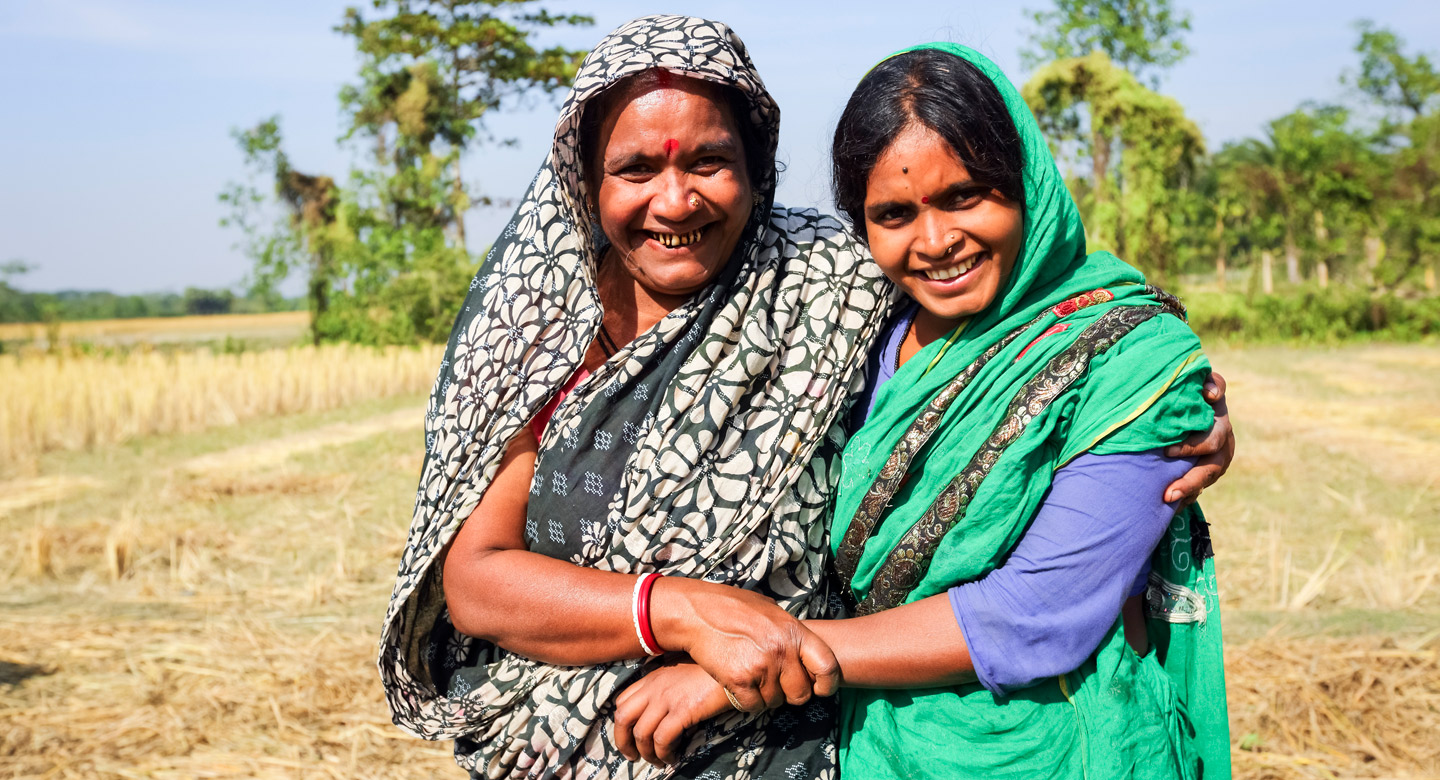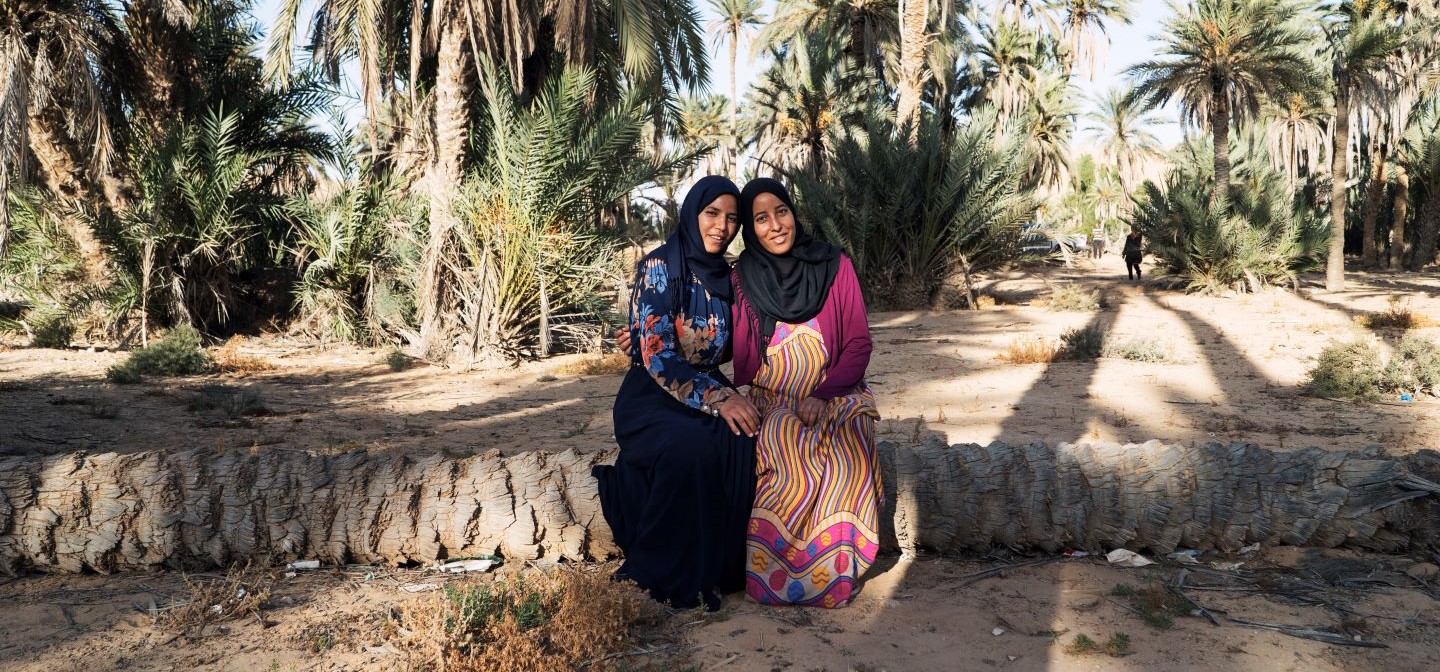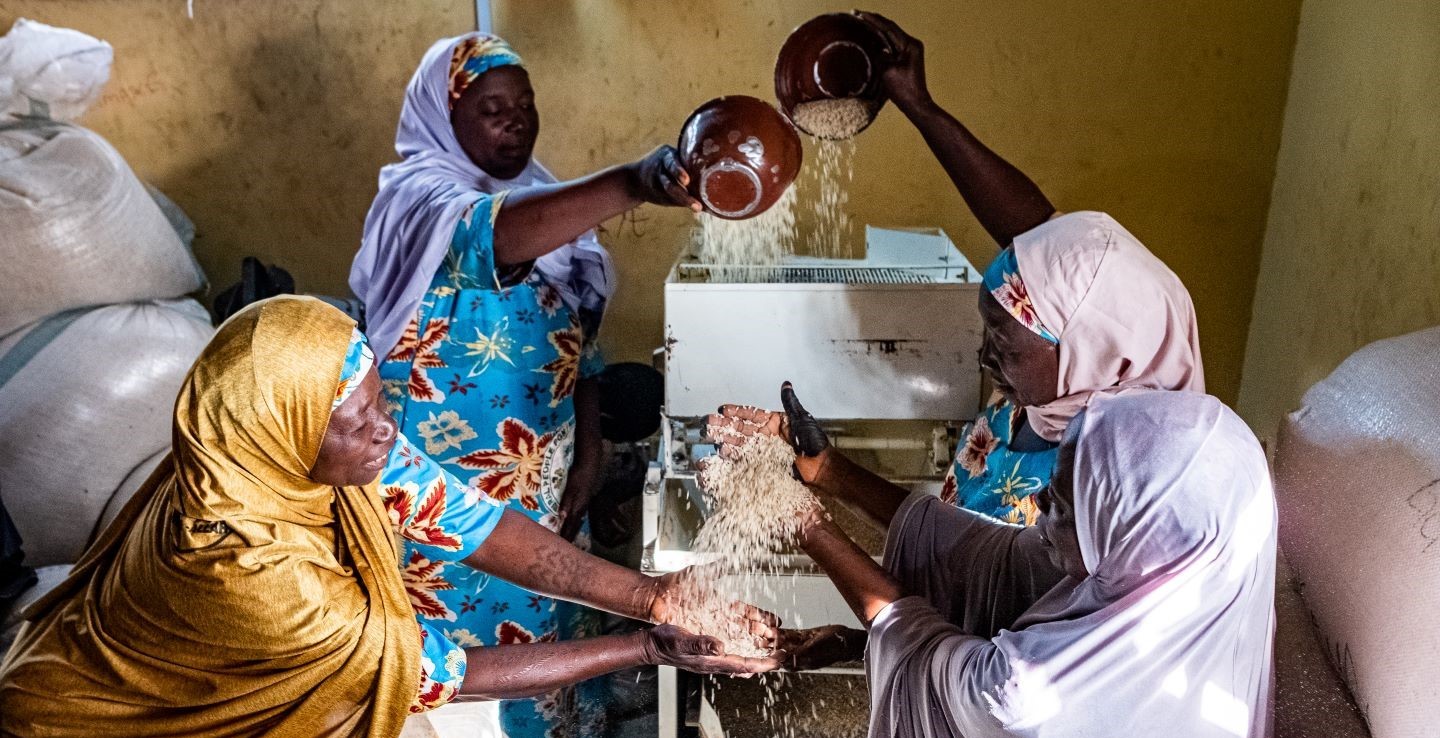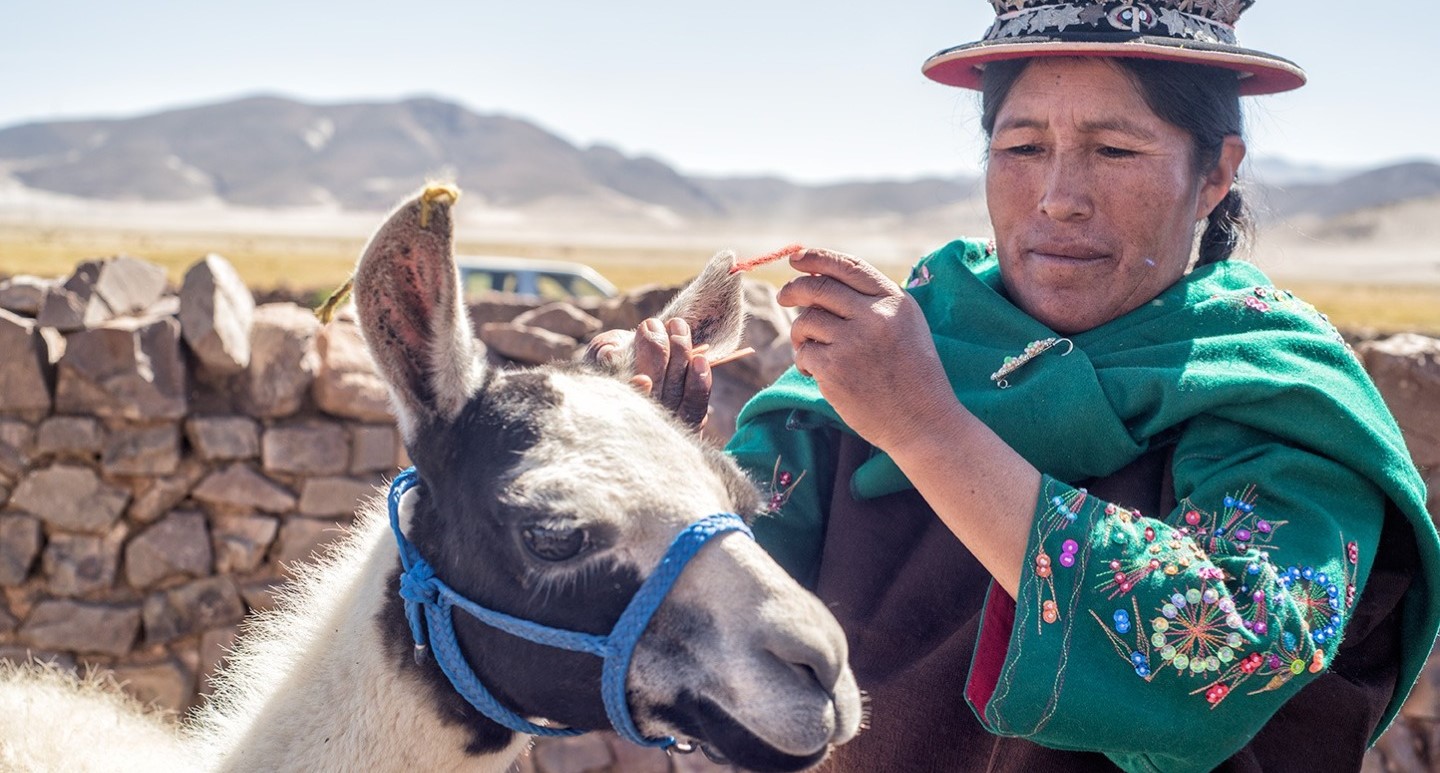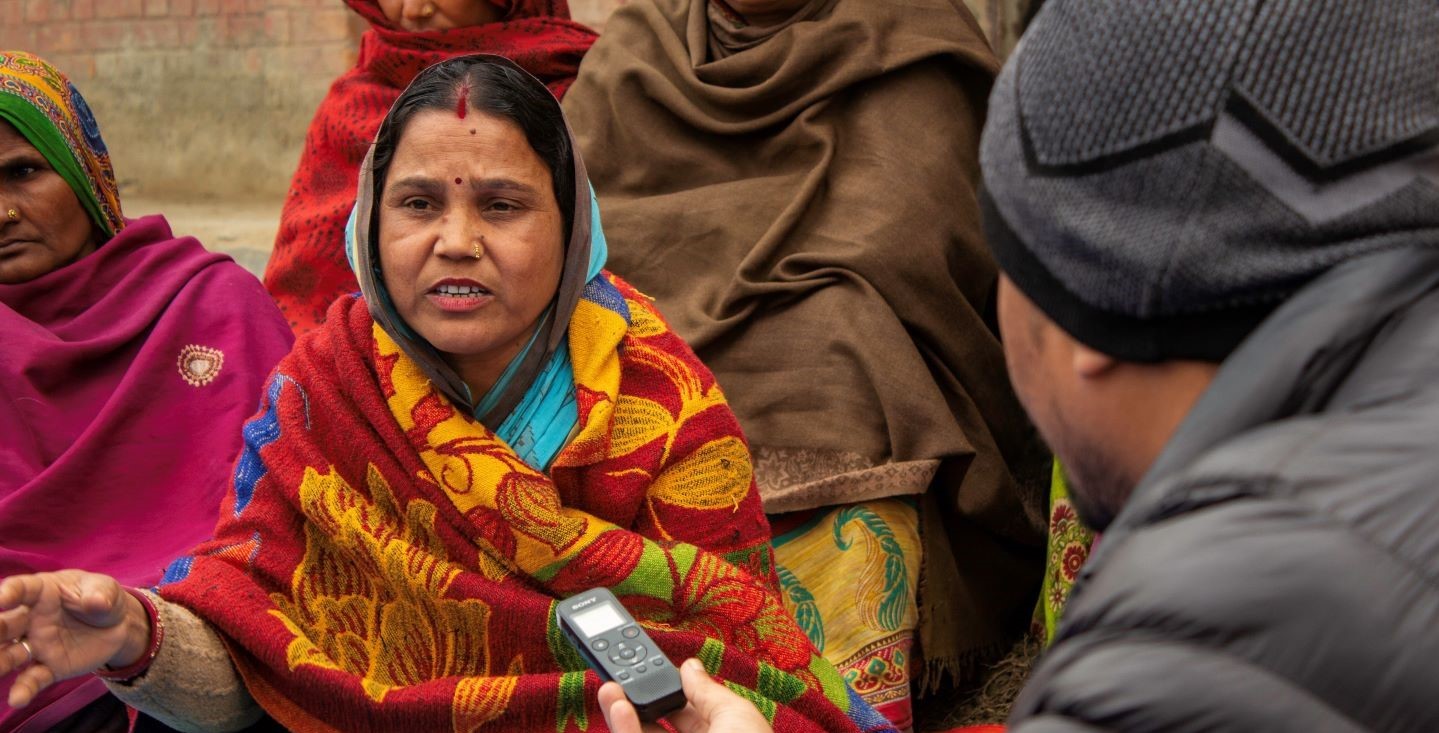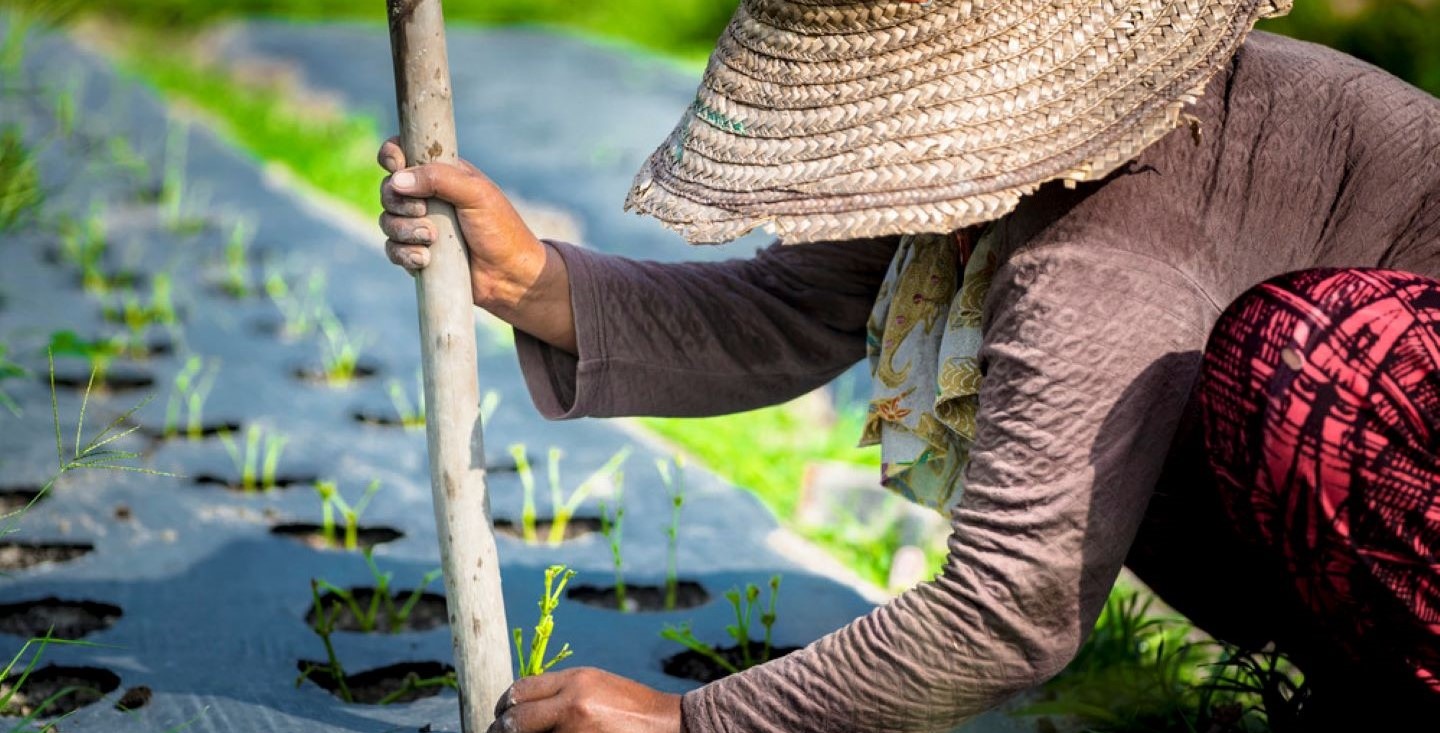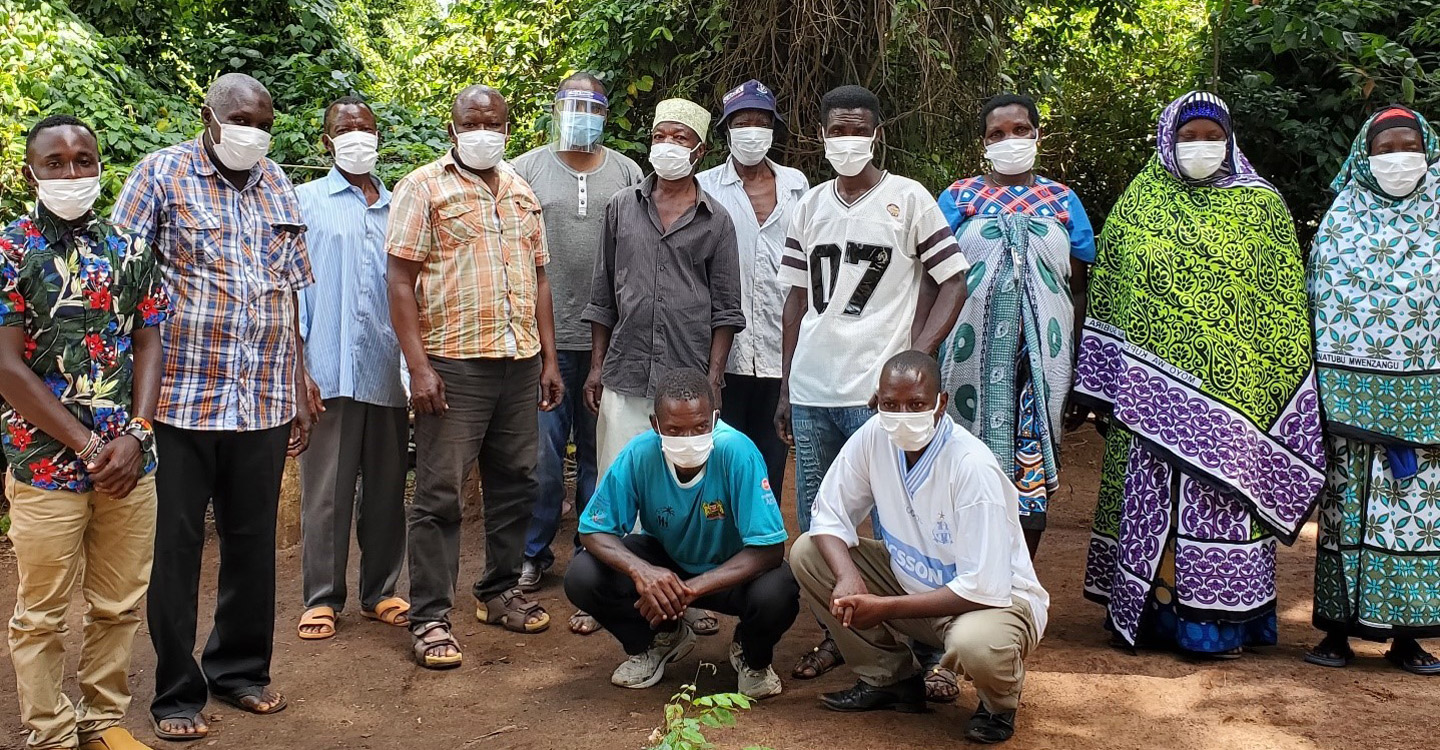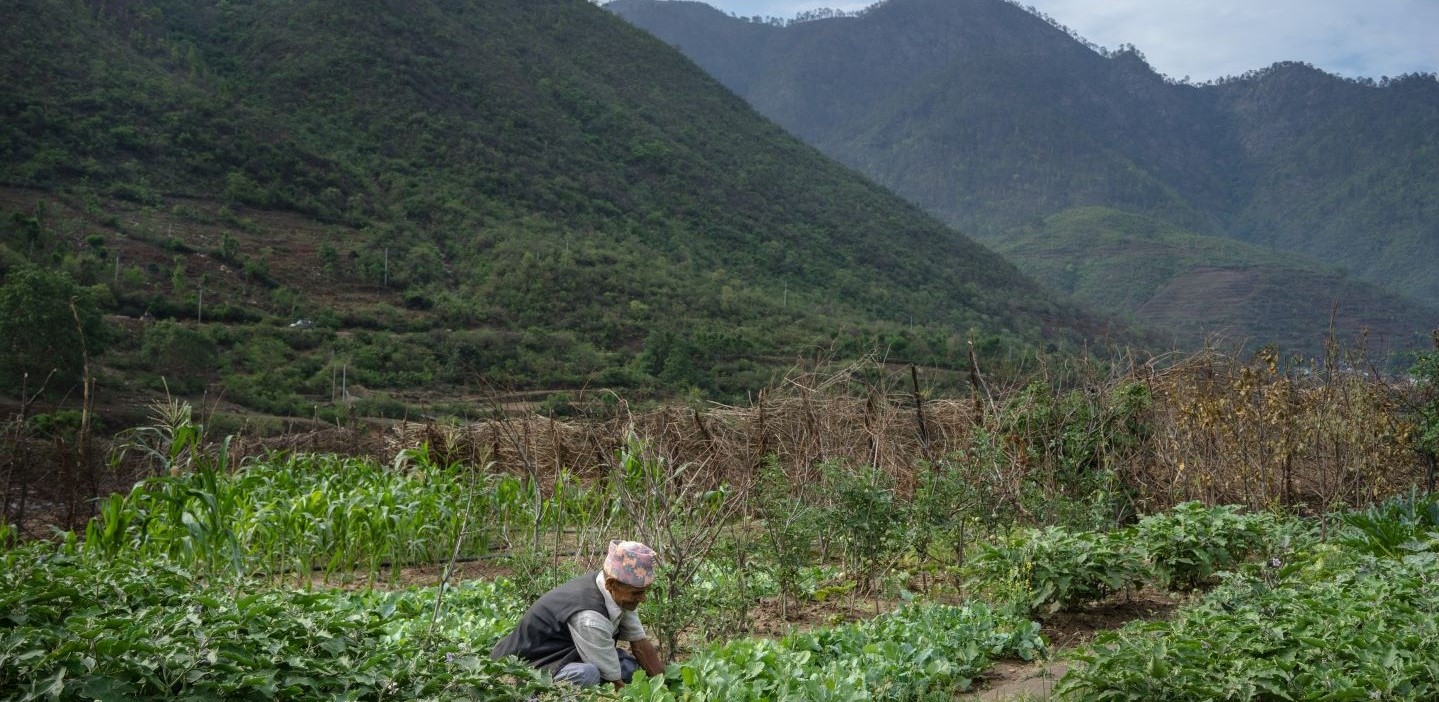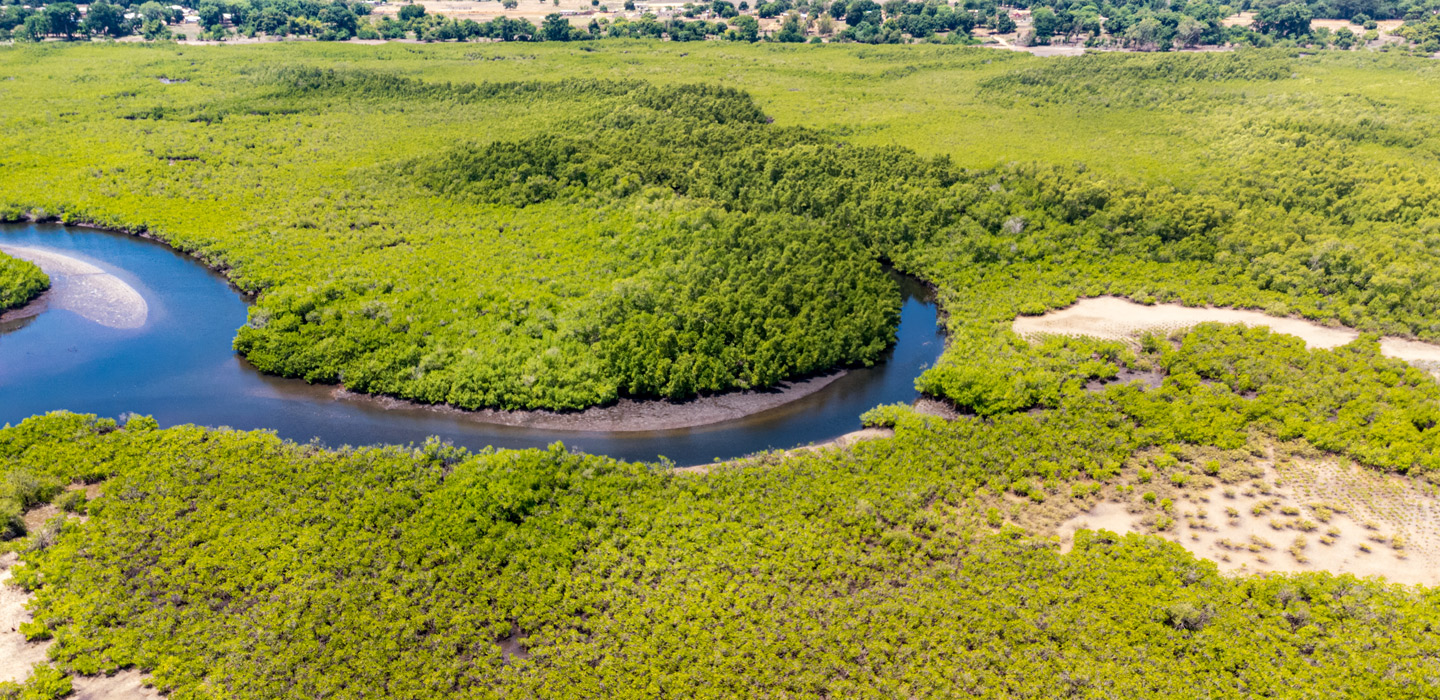Latest
Latest

Latest
Manual Submenu Topics
Search Results Filters
Search Results
Invest in gender equality to reduce climate change impacts on world’s poorest, says IFAD President on the International Day of Rural Women
We need a significant boost in investments to close the gender gap otherwise rural communities will never bounce back from the impacts of climate change, warned Gilbert F. Houngbo, the President of IFAD, on the International Day of Rural Women.
Changing lives by transforming gender norms
Women are major contributors to the rural communities where IFAD works but they continue to face barriers that inhibit their – and their families’ – livelihoods. Compared with men, women have less access to resources and services – including land, finance, training, inputs and equipment. In addition to their agricultural work, they are overburdened with domestic chores and caring tasks.
To achieve the SDGs we must first transform how we feed the world
This year we commemorate, for the second time, World Food Day held under pandemic conditions. The theme is Our Actions Are Our Future. It’s time to ask what actions we must take to build that better future, in which food is produced sustainably and efficiently, providing good nutrition to all, while protecting the environment.
The woman who walks with llamas
Thousands of Bolivian families, particularly in the Altiplano, the high-plateau region of the Andes where Chaquilla is located, depend on breeding camelids for their livelihoods.
Celebrating rural women's voices - Rural women speaking out for change through community radio in Nepal
On the International Day of Rural Women (IDRW), 15 October, we celebrate rural women and girls worldwide and recognize the crucial role they play in contributing to sustainable food systems and rural development.
Neglected and underutilized species are the key to nourishing the world
The natural world has a wealth of plants that can sustain human life, yet global food systems are dominated by just three: wheat, maize, and rice. These species provide 50 percent of the plant-based calories we eat and occupy 40 percent of the world’s arable land.
Farmers’ organizations responding quickly in times of crisis
Ever since COVID-19 first struck, first responders all over the world have stepped up to keep the essential sectors of our society functioning. While many busied themselves with securing global health and safety, others leapt into action to keep the world’s food production chains moving.
IFAD and Nepal mount post-COVID investment programme to build resilience of rural communities
IFAD and the Government of Nepal recently launched a six-year programme to improve the livelihoods, climate resilience and nutrition of 120,000 smallholder farmers across 28 districts in provinces 2, 3 and 5.
If we lose biodiversity, we will not address climate change or hunger, warns IFAD report ahead of UN biodiversity conference
If we continue to lose biodiversity, the world’s most vulnerable people will not be able to adapt to climate change nor sustainably produce food, according to a report released today by IFAD. The report also details the role that rural small-scale farmers play in protecting biodiversity.
